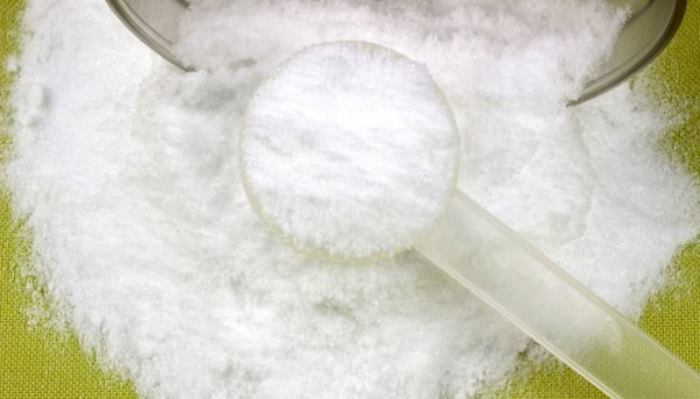
Creatine: a very underrated supplement
Creatineis a substance naturally produced by our body and is present exclusively in foods of animal origin (a good percentage, however, is lost during cooking).
It is also one of most widely used and studied in the world of sport but also in the clinical field. Yes, it is not only useful for sportsmen, it finally begins to be used also for Health & Wellness
What's the use of creatine?
Creatine is:
- an anti-aging
- useful to improve focus and general well-being
- has a strong synergy with the mitochondria (it supports it and facilitates the production and regeneration function of ATP)
- has a cardioprotective function
- it is an excellent nourishment for the brain and is essential for proper brain function (useful in the treatment of diseases such as neurodegenerative diseases and fibromyalgia)
- useful to improve cognitive skills, to have more "mental" energy, to decrease fatigue
- has a direct molecular effect on proteinynthesis (important not only in sportsmen but also in the elderly)
- has an energy effect (Action on the ATP-CP system), useful especially in LACTIST ANAEROBIC efforts (intense weight training, sprints,
Creatine integration: which one to choose? How, How much and when to hire it?
Creatine monohydrate is to be preferred (the rest is pure marketing).
It is found in both tablets and powder. Personally I prefer powder: more comfortable, faster and more versatile. The only "negative" side of creatine monohydrate is that it is insoluble.
Load period: 5-7 days at 0.3g/kg/day (average 20g per day)
Maintenance (4-6 weeks): 3-5 g/day
- Low dosage protocol: 2-3g/day (0.03g/kg/day) during training
- Cyclic protocol: loading/maintenance protocol during training periods. Discharge period (non-intake) during non-training periods.
Or
You can avoid the load and take it
- 3-5g for workouts
- 3-5g even in offs that can be associated with the most abundant meal in carbohydrates (carbohydrates behave like optimizers)
LOAD OF CREATINE YES OR NO?
Personally I do not consider it so essential to carry out the load, I prefer small daily assumptions (the final result will be the same but achieved in longer times) but, if you are in a hurry to saturate stocks, you can safely carry out the load as per protocol on (load + maintenance + unloading and cyclic).
If you suffer from intestinal problems (colitis/ irritable colon with alternate alvo, etc.) I advise against loading.
Does Creatine hurts?
Creatine has been shown to be a very safe supplement at any age and also in the long term. That creatine hurts the kidneys is another myth unfortunately still to be debunked.
Curated byDott.ssa Patalano Myriam Biologist Nutritionist
Ischia Nutrizione Patalano
